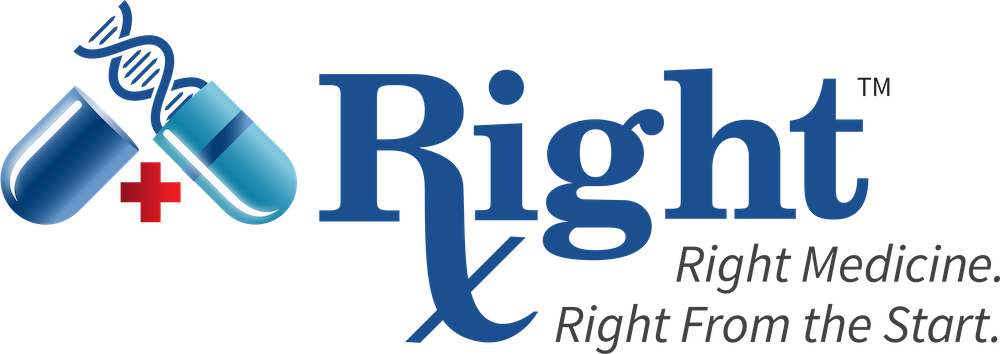World No Tobacco Day: The Impact of Tobacco Use on Drug Metabolism and Testing
On World No Tobacco Day, it is essential to raise awareness about the harmful effects of tobacco use on overall health and its impact on drug metabolism. Tobacco use can significantly influence how medications are metabolized in the body, affecting their efficacy and potentially causing adverse reactions. At MD Labs, we provide comprehensive diagnostic testing services to help healthcare providers optimize medication management for individuals affected by tobacco use. In this blog, we will discuss the impact of tobacco use on drug metabolism and the role of diagnostic testing in supporting tobacco cessation efforts.
Understanding the Impact of Tobacco Use on Drug Metabolism
Tobacco smoke contains numerous harmful chemicals that can affect drug metabolism by inducing or inhibiting the activity of specific enzymes responsible for breaking down medications in the body. This altered enzyme activity can lead to changes in medication efficacy, increased risk of side effects, or potential drug interactions.
For example, smoking can induce the activity of the CYP1A2 enzyme, which is involved in the metabolism of several medications, including some antidepressants, antipsychotics, and cardiovascular drugs. As a result, smokers may require higher doses of these medications to achieve therapeutic effects, increasing the risk of side effects and complicating medication management.
Diagnostic Testing in the Context of Tobacco Use
At MD Labs, we offer a range of diagnostic testing services, including pharmacogenetics (PGx) testing, to help healthcare providers optimize medication management for individuals affected by tobacco use. PGx testing can provide valuable insights into how an individual's genetic makeup influences their response to specific medications, allowing healthcare providers to make more informed decisions about medication selection and dosing.
By understanding the impact of tobacco use on drug metabolism, healthcare providers can adjust medication regimens accordingly, improving treatment outcomes and reducing the risk of adverse reactions. Additionally, diagnostic testing can play a crucial role in monitoring the effectiveness of tobacco cessation interventions, helping individuals achieve and maintain a tobacco-free lifestyle.
MD Labs: Supporting Tobacco Cessation Through Comprehensive Testing Services
At MD Labs, we are committed to advancing personalized medicine and improving patient outcomes by offering state-of-the-art diagnostic testing services. Our testing services can help healthcare providers develop tailored treatment plans for individuals affected by tobacco use, supporting their efforts to quit and maintain a tobacco-free lifestyle.
We also recognize the importance of education and outreach in promoting tobacco cessation. Through our educational initiatives and resources, we aim to raise awareness about the impact of tobacco use on drug metabolism and empower individuals to make informed decisions about their healthcare.
As we observe World No Tobacco Day, let us acknowledge the significant impact of tobacco use on drug metabolism and the importance of diagnostic testing in supporting tobacco cessation efforts. MD Labs is proud to contribute to this cause by offering comprehensive testing services that help healthcare providers optimize medication management and improve overall health outcomes for individuals affected by tobacco use.
